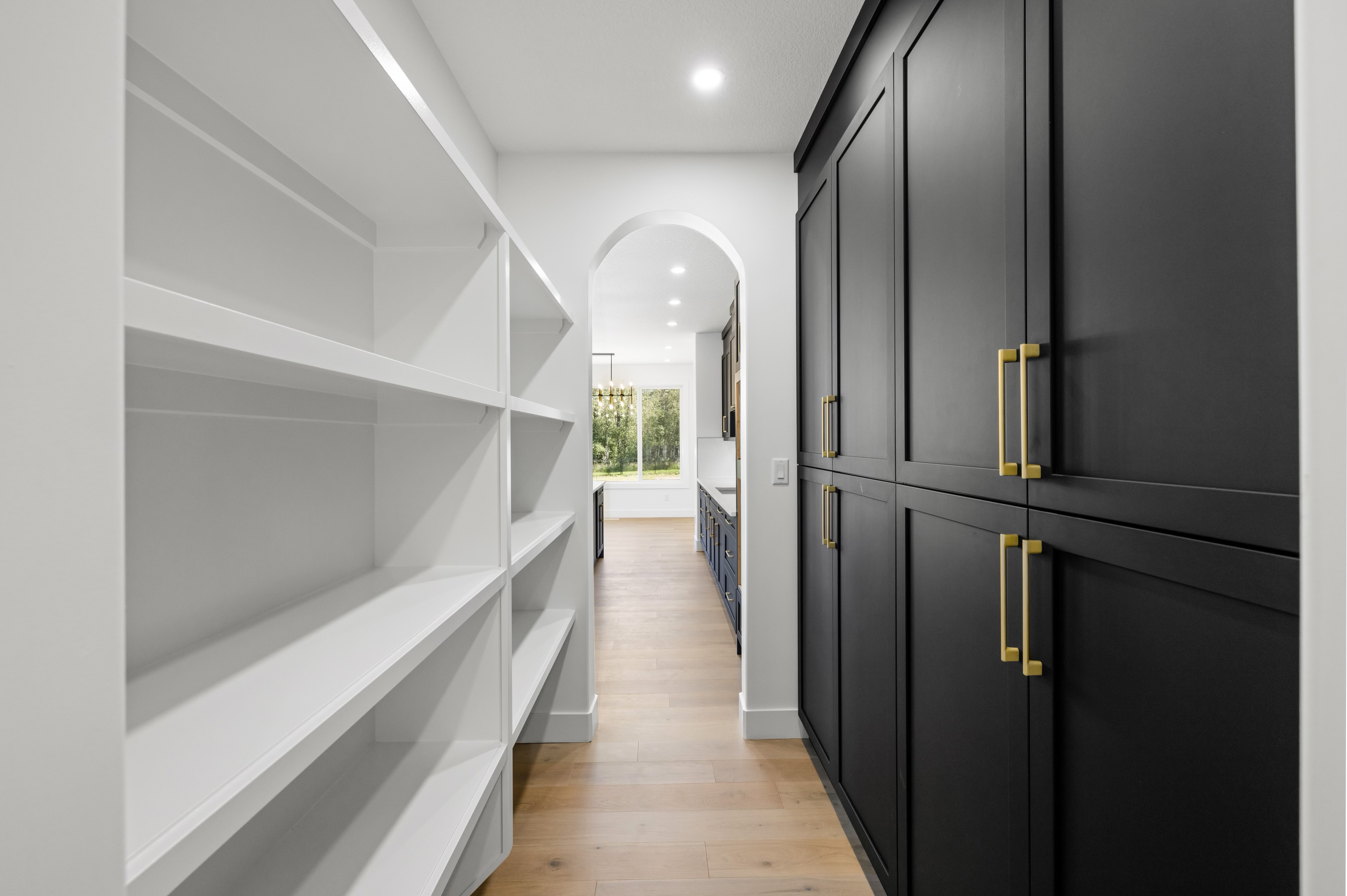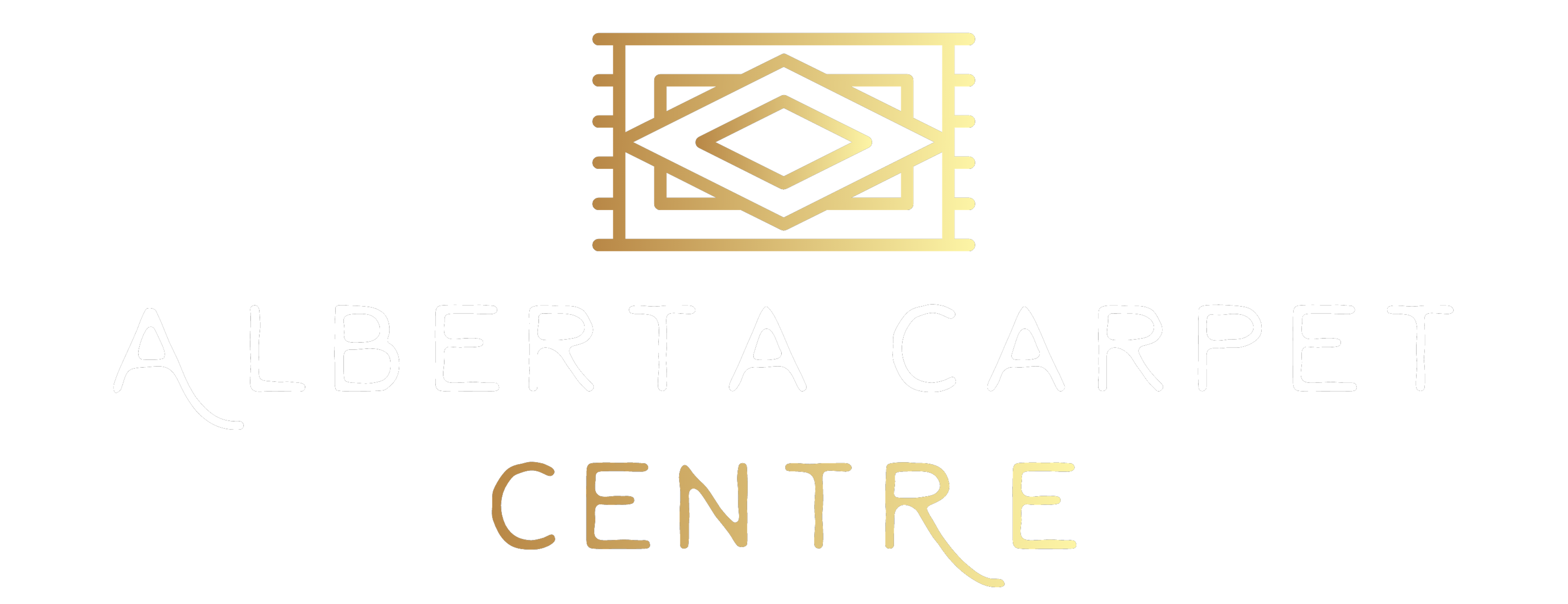
When it comes to home renovations, choosing the right flooring is one of the most crucial decisions you'll make. Not only does it set the tone for your interior design, but it also needs to withstand daily wear and tear. Among the many options available, vinyl flooring has emerged as a popular choice for homeowners. Its durability, versatility, and cost-effectiveness make it an ideal option for various spaces. But how do you select the perfect vinyl flooring for your home? Here are some expert tips to guide you through the process.
1. Understand the Types of Vinyl Flooring
Before diving into the selection process, it’s essential to understand the different types of vinyl flooring available. The two main types are Luxury Vinyl Plank (LVP) and Vinyl Sheet Flooring.
Luxury Vinyl Plank (LVP): Resembling hardwood, LVP offers a high-end appearance without the associated costs. It’s available in various textures and colors, making it easy to match your home's aesthetic. LVP is also water-resistant, making it a great option for areas like kitchens and bathrooms.
Vinyl Sheet Flooring: This option comes in large, continuous sheets, providing a seamless look. Vinyl sheet flooring is ideal for rooms with high moisture levels as it offers excellent water resistance. It’s also budget-friendly and easy to clean, making it suitable for busy households.
Understanding the differences between these types will help you choose the one that best suits your needs and style preferences.
2. Consider the Room's Functionality
Different rooms in your home have different requirements, and your choice of vinyl flooring should reflect that. Here’s how to choose based on room functionality:
Living Room & Bedrooms: For these areas, comfort and style are paramount. LVP is an excellent choice because it offers the look of hardwood with added durability and ease of maintenance. Additionally, its softer underfoot feel makes it a comfortable option for living spaces.
Kitchens & Bathrooms: These areas are prone to moisture, spills, and frequent cleaning. Vinyl sheet flooring or LVP with a waterproof core are ideal here. They resist water damage and are easy to wipe clean, ensuring your flooring stays in top condition even in high-traffic areas.
Basements & Mudrooms: Since these spaces often deal with higher moisture levels, waterproof vinyl flooring is a must. LVP with a waterproof core or vinyl sheet flooring are both practical options that can handle the challenges of these environments.
3. Match the Style with Your Home Decor
Vinyl flooring comes in an array of designs, colors, and textures, allowing you to achieve almost any look you desire. When selecting the perfect vinyl flooring, consider how it will complement your existing decor:
Wood-Look Vinyl: If you love the classic look of hardwood but want something more affordable and durable, wood-look vinyl flooring is a great option. It works well in traditional, rustic, or modern farmhouse-style homes.
Stone-Look Vinyl: For a more luxurious feel, stone-look vinyl offers the elegance of natural stone without the high maintenance. It’s perfect for contemporary or Mediterranean-style interiors.
Patterned Vinyl: Want to make a bold statement? Patterned vinyl flooring adds a unique touch to any room. Whether it’s geometric patterns, intricate designs, or a mix of colors, this type of flooring can serve as the focal point of your space.
4. Prioritize Durability and Maintenance
One of the main reasons homeowners opt for vinyl flooring is its durability. However, not all vinyl floors are created equal. When choosing your flooring, consider the following factors:
Wear Layer: The wear layer is the top surface that protects the vinyl flooring from scratches, stains, and wear. A thicker wear layer will provide better protection and extend the life of your flooring. For high-traffic areas, look for a wear layer of at least 12 mils or more.
Maintenance: Vinyl flooring is known for being low-maintenance, but some types are easier to care for than others. LVP with a thicker wear layer is generally more resistant to stains and scratches, making it easier to clean and maintain. Vinyl sheet flooring is also easy to clean, but it may require more care to prevent cuts or punctures.
UV Resistance: If your rooms receive a lot of natural light, choose vinyl flooring with UV protection to prevent fading over time.
5. Factor in the Installation Process
Vinyl flooring is relatively easy to install, but the method can vary depending on the type you choose:
Click-Lock Installation: LVP typically features a click-lock system that allows the planks to snap together without the need for glue or nails. This method is ideal for DIY enthusiasts and can save on installation costs.
Glue-Down Installation: Vinyl sheet flooring and some types of LVP require adhesive for installation. This method provides a more secure fit but might require professional installation, especially in larger areas.
Loose Lay Installation: Some vinyl flooring options, particularly in LVP, are designed to be laid loosely over the subfloor. This method is quick and easy but may not be suitable for all room types.
Consider your comfort level with DIY projects and whether you’ll need professional installation when choosing your vinyl flooring.
6. Set a Budget
While vinyl flooring is generally more affordable than other flooring options, prices can vary based on the type, quality, and design. Setting a budget before you start shopping will help you narrow down your options and prevent overspending.
Luxury Vinyl Plank (LVP): Typically, LVP is more expensive than vinyl sheet flooring, but it offers a more authentic look and greater durability. Expect to pay more for high-end designs and thicker wear layers.
Vinyl Sheet Flooring: This option is more budget-friendly, making it a great choice for large areas or projects with tight budgets. However, it’s essential to balance cost with quality to ensure your flooring lasts.
Remember to factor in the cost of installation, underlayment, and any necessary tools or accessories.
7. Don’t Forget the Warranty
Finally, when choosing vinyl flooring, always check the warranty. A good warranty provides peace of mind and protects your investment. Look for flooring with a warranty that covers a reasonable period, usually 10-20 years, and covers issues like wear, water damage, and manufacturing defects.
Conclusion
Choosing the perfect vinyl flooring for your home involves careful consideration of various factors, including the type of vinyl, room functionality, style preferences, durability, installation methods, budget, and warranty. By taking the time to evaluate your needs and preferences, you can select vinyl flooring that not only enhances your home's aesthetic appeal but also stands the test of time. At Alberta Carpet Centre, we offer a wide range of high-quality vinyl flooring options to suit every homeowner's needs. Visit us today to explore our collection and find the perfect flooring for your home.
